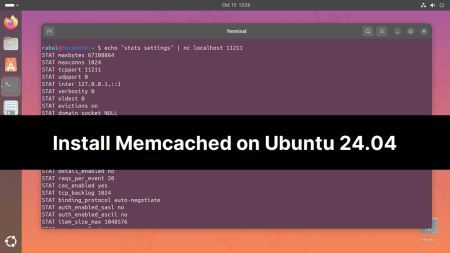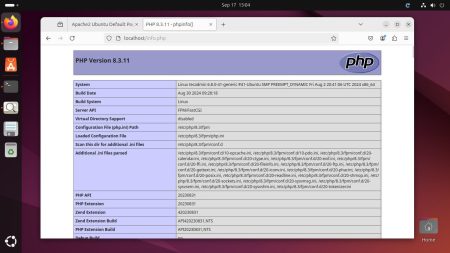Install PHP Ioncube Loaders . Ioncube is used as encryption/decryption utility for PHP applications by which we can keep safe our data. It also can restrict PHP application to execute unauthorized. It also assists in speeding up the pages that are served. IonCube loaders are used for decoding encoded files while running on the webserver. read more details on official site. This tutorial will help you to install the PHP Ioncube Loaders module in CentOS/RHEL 7/6/5 system.
Step 1 – Download ionCube Loader
Download latest ioncube loaders on your system from ioncube from ioncube download page or use following command to download ioncube.
wget http://downloads3.ioncube.com/loader_downloads/ioncube_loaders_lin_x86-64.tar.gz
Now, extract the downloaded archive and place files under /usr/local/ioncube directory.
tar xzf ioncube_loaders_lin_x86-64.tar.gz sudo mv ioncube /usr/local/
Step 2 – Enable ionCube Loader in PHP
Edit the php.ini file and add the following line at the end of the file. To find php.ini file you can use following command.
php -i | grep php.ini Configuration File (php.ini) Path => /etc Loaded Configuration File => /etc/php.ini
Then find out the active PHP version on your system:
php -v
As per the above results edit /etc/php.ini file and add the following line at the end of the file.
zend_extension = /usr/local/ioncube/ioncube_loader_lin_7.3.so
Replace /usr/local/ioncube/ioncube_loader_lin_7.3.so file with your matching PHP version.
Step 3 – Verify Ioncube Loader
Let’s verify the installation and configuration of Ioncube PHP module. Run php -m command on shell.
php -m [Zend Modules] the ionCube PHP Loader (enabled) + Intrusion Protection from ioncube24.com (unconfigured)
Alternatively, you can also put an info.php file on your web server document root with the following content and check the status by access info.php in a web browser.
<?php phpinfo(); ?>



3 Comments
i did everything but when i recheck php.ini there’s no sign of ioncube loader. btw i use zpanel
PHP Version 5.3.10
Thread Safety disabled
i added this line:
zend_extension = /usr/local/lib/ioncube/ioncube_loader_lin_5.3.so
to both “/etc/php5/cli/php.ini” and “/etc/php5/apache2/php.ini”
Step 2 may lead to unexpected results. You may find php.ini, but the wrong one. There are two, one for the CLI, and this is what you will find. In step 3 you see the info-page trick. If you open that page, you can search for php.ini, and you’ll see the path to the php.ini that the webserver uses.
Hi,
Localhost shows blank page and installing any web server page does not, it will be blank.
What could be the problem. Iam trying to setup web application for recruitment. open source from recruity.com
let me know the fix.